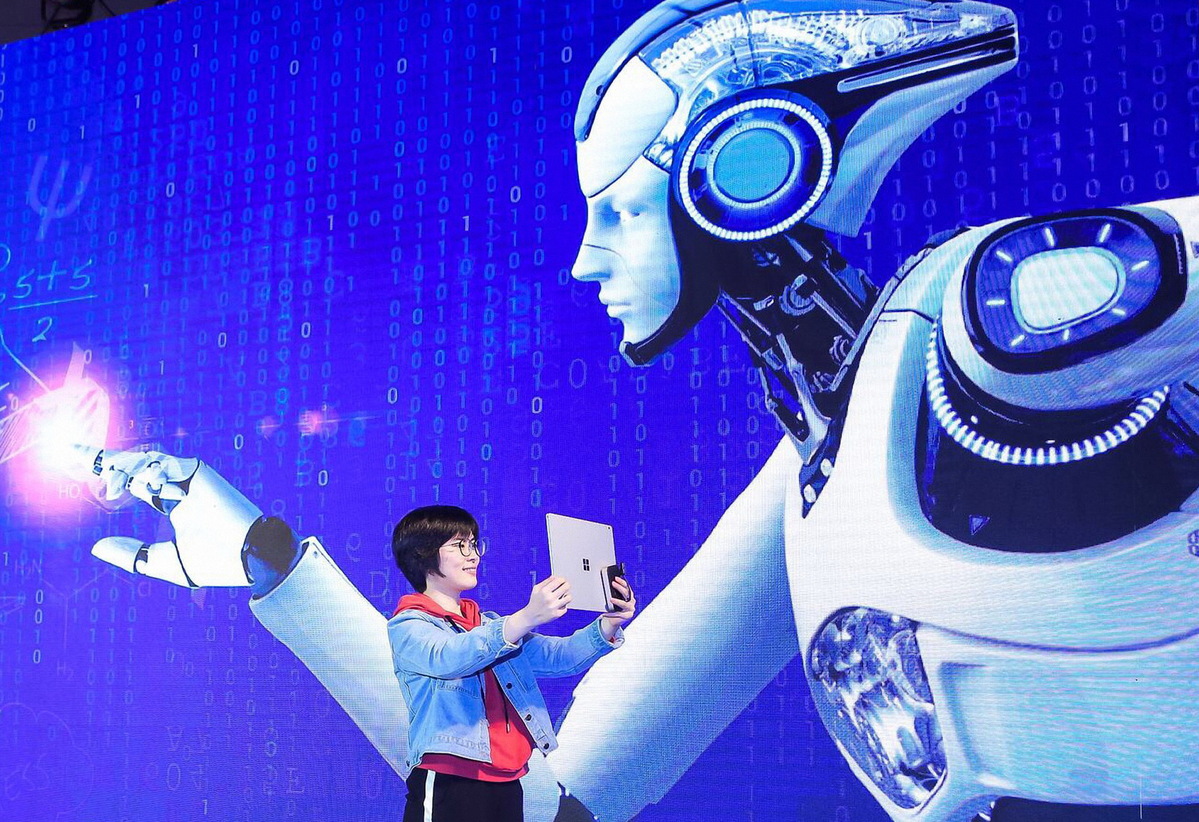Tailored to You: The Power of Personalized Product Recommendations
Tailored to You: The Power of Personalized Product Recommendations
Blog Article
Inside the digital age, modern technology is reshaping nearly every facet of our way of life, and purchasing is no exception to this rule. With all the introduction of unnatural learning ability (AI), the retail landscape is having a significant improvement, ushering in a new era of wise purchasing. From individualized suggestions to clever inventory administration, Product recommendations is revolutionizing the way customers store and businesses run.

Customized Referrals
One of the more visible approaches AI is altering the store experience is via customized item referrals. Powered by machine understanding techniques, stores can examine vast amounts of consumer information to comprehend individual personal preferences, purchase record, and surfing around behavior. By utilizing these details, AI algorithms can produce designed tips that resonate with each customer, increasing the chances of an investment and maximizing customer happiness.
By way of example, e-commerce leaders like Amazon and Netflix use AI to supply custom made merchandise and content material suggestions according to prior purchases and looking at behavior. This not only aids buyers find out new services and products but also results in a much more stimulating and immersive store shopping practical experience.
Predictive Analytics
Together with custom made tips, AI permits merchants to leverage predictive analytics to foresee buyer requirements and tastes. By examining traditional data and figuring out styles, AI sets of rules can predict potential developments, desire fluctuations, and client actions. This enables retailers to improve products management, costs methods, and advertising and marketing strategies, ultimately driving sales and profits.
For instance, AI-operated need forecasting equipment might help merchants accurately foresee which products will be in high demand during specific seasons or activities, permitting them to modify their inventory amounts properly. In the same way, AI-driven pricing optimizing sets of rules can dynamically modify prices depending on variables such as demand, rivalry, and consumer determination to spend, making the most of income and success.
Online Assistants and Chatbots
Yet another way AI is altering the store practical experience is by the proliferation of digital assistants and chatbots. These AI-driven tools supply clients with personalized guidance, suggestions, and help through the entire store shopping experience. Regardless of whether it's resolving product or service-related inquiries, delivering sizing suggestions, or assisting deals, virtual assistants and chatbots offer a smooth and convenient purchasing expertise.
Main merchants and brands are increasingly integrating digital assistants and chatbots within their web sites, mobile software, and online messaging systems to supply customers with instant access to info and help. This not merely enhances customer satisfaction but in addition enables stores to level their customer care procedures more proficiently.
Boosted Buyer Insights
Furthermore, AI permits merchants to achieve deeper ideas into client habits, choices, and emotion. By studying details from numerous options, which include transactions, social media interaction, and customer feedback, AI techniques can produce workable information that will help merchants better recognize their potential audience and tailor their solutions consequently.
As an example, perception evaluation instruments can analyze testimonials and social media marketing blogposts to measure client feeling towards specific goods or manufacturers. This gives stores to determine places for development, street address client problems, and enhance the total store shopping experience.
Problems and Things to consider
While AI holds immense potential to transform the retail store encounter, furthermore, it provides problems and concerns. Such as personal privacy worries associated with information collection and utilization, the risk of algorithmic bias and discrimination, and the requirement for transparency and accountability in AI-powered decision-making.
Stores must hit an equilibrium between utilizing AI to further improve the buying experience and respecting client level of privacy and information defense rights. Moreover, they need to make certain that AI algorithms are fair, clear, and liable, and they usually do not perpetuate or aggravate current biases and inequalities.

Conclusion
In conclusion, AI is revolutionizing the retail industry encounter, empowering retailers to provide individualized, smooth, and immersive store shopping activities to their consumers. From customized suggestions and predictive analytics to virtual assistants and improved buyer observations, AI is reshaping the way buyers retail outlet and organizations operate.
As AI consistently progress and develop, retailers must accept development, adapt to shifting buyer tastes and behaviours, and leveraging AI to stay competitive inside the ever-developing retail store landscape. By harnessing the power of AI, stores can open new possibilities for expansion, differentiation, and good results from the computerized era of wise buying.
Report this page